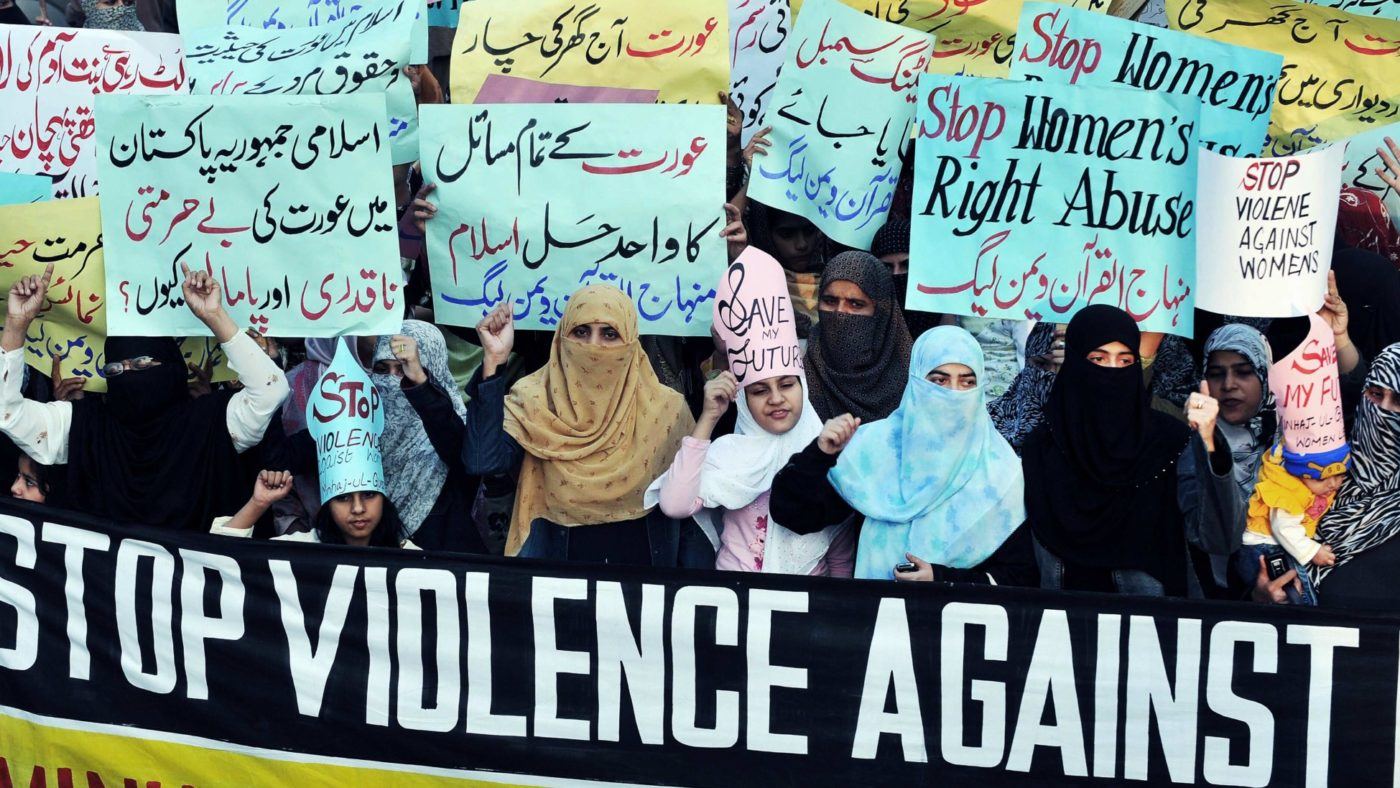Honour violence often entails cruel and horrifying brutality. Last week, in Afghanistan, a 23-year old woman had her ears cut off by her husband in the northern province of Balkh.
She’d been married to him since the age of 13. He was suspicious of her meeting other men when she visited her parents. It’s not an isolated case. This time last year a man gave his Afghan wife the option of being killed or having her nose cut off. He cut off her nose, despite her expressing a preference for death. In previous years, one woman was stoned to death for adultery and another had her top lip and nose cut off.
In Pakistan, an estimated 1,100 women were killed in honour violence in 2015 alone. In 2016 one Pakistani woman had her eyes gouged out and feet cut off by her brothers, and another was burned to death by her parents when she married without permission.
Beyond the extraordinary ferocity of the attacks, honour violence differs from common domestic violence in another way: it is motivated by culturally-defined shame. It rests on the idea that a woman’s behaviour reflects family honour, which is guarded by men. Dishonouring the family by violating cultural or religious rules justifies, and demands, violence.
It is because of this crucial distinction that we must question the efficacy and consequences of the proposed Crime (Aggravated Murder of and Violence against Women) Bill. It proposes, among other things, to “prohibit the use of the term honour killing in official publications”.
Nusrat Ghani, MP, deserves praise for her Bill. She has identified a significant problem hindering the prosecution of honour violence against UK citizens. “Political correctness” she says, has made the police hesitant to intervene for fear of offending cultural sensitivities.
The use of the word honour, “disguises the horror of the violence”, says Ghani. She claims it is used by perpetrators to avoid justice and as a “pathetic self-justification” of their terrible acts.
Ghani is evidently a proponent of universal human rights: “We have to make sure every victim is supported, and no political correctness or assumptions are made about the victim’s background which means they cannot get equal support, respect and dignity.”
Yet in banning the term “honour violence”, I fear that she is “a diagnostician of genius but the most mediocre healer” (to use the words of the Jewish-German philosopher Franz Rosenzweig entirely out of context).
Banning the words “honour violence” risks effacing the crucial distinctions between this and domestic violence. Elsewhere in British law, such as Hate Crime, the motivation of the attacker is crucial to the serving of justice. Honour violence cannot be any different.
Acknowledgement of the true nature of a crime is indispensable to the concept of justice; prohibition of the term edges towards a denial of the phenomenon. Contrary to Ghani’s good intentions, this could result in back-peddling on the progress that her bill represents.
Ghani is right to highlight how political correctness has inculcated fear of dealing with culturally-related violence. It similarly affects issues surrounding Female Genital Mutilation (FGM) and sharia courts, in which the rights of minority women are often overlooked because of “cultural sensitivity”. To those who still believe in the universal rights of the individual this is not acceptable.
But to forbid the use of the term, genuflects towards the problem – rather than tackling it. It makes talking about the cultural or religious roots of a problem taboo, thereby reinforcing the fear that Ghani wishes to dispel. This can only make it harder to rid ourselves of the practices that impede progress for the rights of minority women.
During the first reading of the Bill, Ghani said: “I want us in this House to send a clear message that the excuses end here.”
Yet rather than banning words and phrases, we should make it abundantly clear that our society rejects the ideas of shame and dishonour that make women vulnerable to violence in the first place.
It must be made clear that the fear of being called racist or the use of culture as a “convenient excuse” cannot affect how the law deals with violence of any kind. The alternative risks jeopardising the rights of minority women, which is certainly not what Ghani wants.


